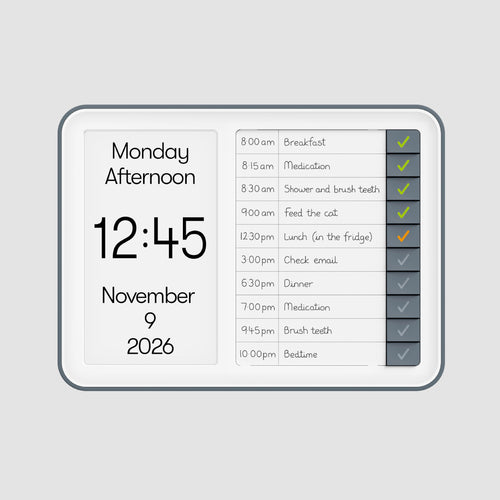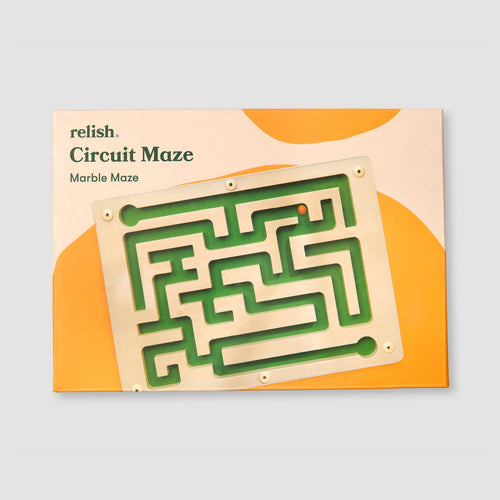Independence is closely linked to the feeling of self-worth. People with dementia often, after diagnosis, want to be given the option to keep their sense of freedom and their way of life for as long as possible. It has been said that people with dementia that are overly cared for begin to retreat into themselves and stop taking part in daily self-care activities. Loved ones and caregivers can be inclined to be overly helpful and feel a need to wrap their friend, family member or loved one up in cotton wool as they do not want them to hurt themselves. However, especially in the early stages of dementia, the person diagnosed can still do many day-to-day activities independently, which can be highly beneficial for stimulating their brain.
How does dementia affect independence?
People with dementia may begin to reduce their daily activities and become less independent, not only due to changes in the brain but also because of the stigma of dementia. A sense of loss of autonomy and confidence can restrict what they think they can do.
How can independence be promoted?
It can be helpful for the person with dementia to have assistance with tasks by making slightly larger tasks into either simpler or smaller ones that they can manage on their own. There are now multiple tools you can purchase that allow people with dementia to maintain a level of independence for a very long time.
Support the person with dementia to maintain their independence through a structured routine. It can be possible to put reminders around the house so that they can remember when to take their medicine, take the bins out or simply remember to have a drink of water! Supporting the person with dementia to live a life with more autonomy can have tremendous benefits to their wellbeing and mental health.
Can a person with dementia live independently?
People with dementia can sometimes either live independently due to circumstances or wish to live on their own to maintain a sense of self-worth or to live amongst their belongings. There are ways to help people living with dementia to live independently and support their decision to do so.
Here are some tips:
Lean on people you trust
Talk to trusted people – family, friends, neighbours, or professionals – about what you're going through. Sharing lightens the load and allows others to support you with tasks and emotional care. Stay connected, in person, and/or with calls, and consider local support groups for understanding and connection.
Positive thinking
Focus on the person's strengths and abilities rather than limitations. Approach each interaction with patience, understanding, and empathy. "I keep my independence by focusing on what I can do, I know that I am not great in my own company so being with people really helps me. I will use activities like art, puzzles, etc to seek my independence". - Keith Oliver
Technology can help
Smart devices such as Amazon Alexa or Google Home can make a big difference! They can help with reminders, calls, and listening to music. Relish has some great options too, like the Day Hub (it's a day clock and task manager in one) and the super simple Relish Radio. They're all about promoting independence and confidence. Have a chat with your support network and see what other smart devices might be a good fit.
Memory aids and prompts
If too much tech is overwhelming, things like calendars, clocks, and whiteboards can make it easier to remember appointments and daily routines. Visual cues, like pictures or symbols, and written reminders such as notes and lists can also give a boost to memory and make things a little simpler.
Stay active
Encourage a healthy lifestyle with a balanced diet, regular exercise, consistent sleeping patterns. Stay active in whatever way works best for you - whether it's a daily walk around the neighbourhood, gentle gardening, or chair yoga exercises. Regular movement benefits your physical health and keeps your mind engaged through changing environments and routines.
Routine
Maintaining a regular and familiar routine can provide structure and predictability (e.g. Breakfast at 8am, daily walk at 9am, neighbourly chat 11am), the structure can help ease feelings of anxiety and uncertainty. A routine ensures daily needs are met, improving mood and independence. Check out the Relish Day Hub – it's designed to help with just these kinds of needs.
Create a supporting environment
Adapting their environment to make navigation easier and improve safety will help them feel more confident living at home. Small changes like:
- Keep pathways clear: Remove unnecessary furniture from hallways and make sure there's enough walkway space between furniture.
- Lighting: Bright, consistent lighting helps reduce confusing shadows and glare, and improves depth perception for safer navigation.
- Labelling: Use labels and signs on cupboards and doors (e.g., "toilet" on the bathroom, "keys" where they're kept). Labels provide a consistent, visual reminder of what things are and where they belong, reducing the cognitive load and simplifying the environment.
- Safety: Check your alarms regularly – gas, smoke, fire, and carbon monoxide – to ensure they're working. Consider additional safety measures like secure locks, extra alarms, or a personal emergency response system.
- Keep it familiar: Try to keep furniture and belongings in their usual places.
Offering Choices
Offering choices is a great way to improve independence – even small decisions can make a big difference. Try asking, 'Would you like to do this or that?' Think about activities they've always enjoyed, like gardening, painting, or visits with family and friends, and encourage them to participate. And remember, breaking tasks down into smaller steps makes things easier and less frustrating.
Accept some help
It's okay to ask for and accept help when you need it. This can boost independence and help you feel more at ease at home. Whether it's technology support, a friendly visit, or assistance with errands, your loved ones will be happy to help you.
Be open with work
If you are still working, be open with your manager and colleagues about what you are experiencing. Discuss ways to adapt your role so you can continue to contribute. Maintaining a work routine can be beneficial, as it provides a sense of structure and predictability.
Professional support
Navigating this all can be really challenging, reaching out to professionals is a great idea. An occupational therapist can offer personalized tips and strategies to make everyday activities easier, and dementia care specialists or support organizations can provide helpful information, resources, and emotional support.
The Day Hub
The Relish Radio & Music Player






















